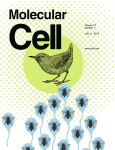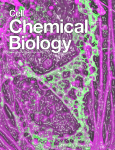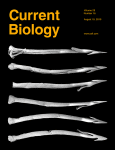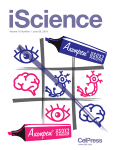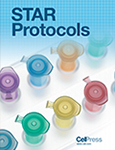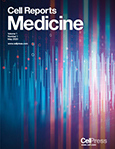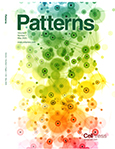Speaker
Andrea Ablasser’s research focuses on how the innate immune system is able to recognise virus-infected cells and pathogens, to understand how the cells of our immune system detect the presence of pathogens and to dissect the fundamental mechanisms that provide host defense. In particular, her research focuses on the identification of factors involved in the intracellular recognition of pathogen-derived molecular patterns and on the elucidation of the consecutive signaling events. Her lab also aims towards a better understanding of the physiological functions of these pathways both in the context of pathogen infection and during non-infectious, physiological processes.
In 2019, Ablasser was appointed Associate Professor at the Global Health Institute, Faculty of Life Sciences (SV), École Polytechnique Fédérale de Lausanne (EPFL). Andrea Ablasser studied medicine at the Ludwig Maximilian University of Munich (LMU) and completed part of her studies at the Universitaire of Massachusetts and did part of her practical training at Harvard Medical School. When she finished her medical degree in 2008, she was ranked as one of the top ten students in Germany. She wrote a doctoral thesis in the field of immunology, and received her doctorate from LMU in 2010. After completing her doctorate, Ablasser followed her thesis supervisor from LMU to the University of Bonn where she worked at the Institute of Clinical Chemistry and Clinical Pharmacology as the head of a junior research group. Her research focused on DNA sensors that allow the innate immune system to detect whether a cell is infected. She discovered a novel second messenger molecule that is produced by a particular DNA sensor and “alerts” nearby cells when it encounters a pathogen. In 2013, she was awarded the Jürgen Wehland Prize by the Helmholtz Centre for Infection Research for her research on the mechanisms by which the innate immune system recognises pathogens, and specifically her identification of receptors and regulatory molecules that are activated in virally infected cells. In 2014, she won the Paul Ehrlich and Ludwig Darmstaedter Prize for Young Researchers and the German GlaxoSmithKline Foundation’s “Medical Research” Science Award. In 2018, she was awarded the Eppendorf Award for Young European Investigators for her findings in innate immunity and the Latsis Prize for her work on understanding the immune system. In June 2019, she was elected as EMBO Member.
« Go Back



